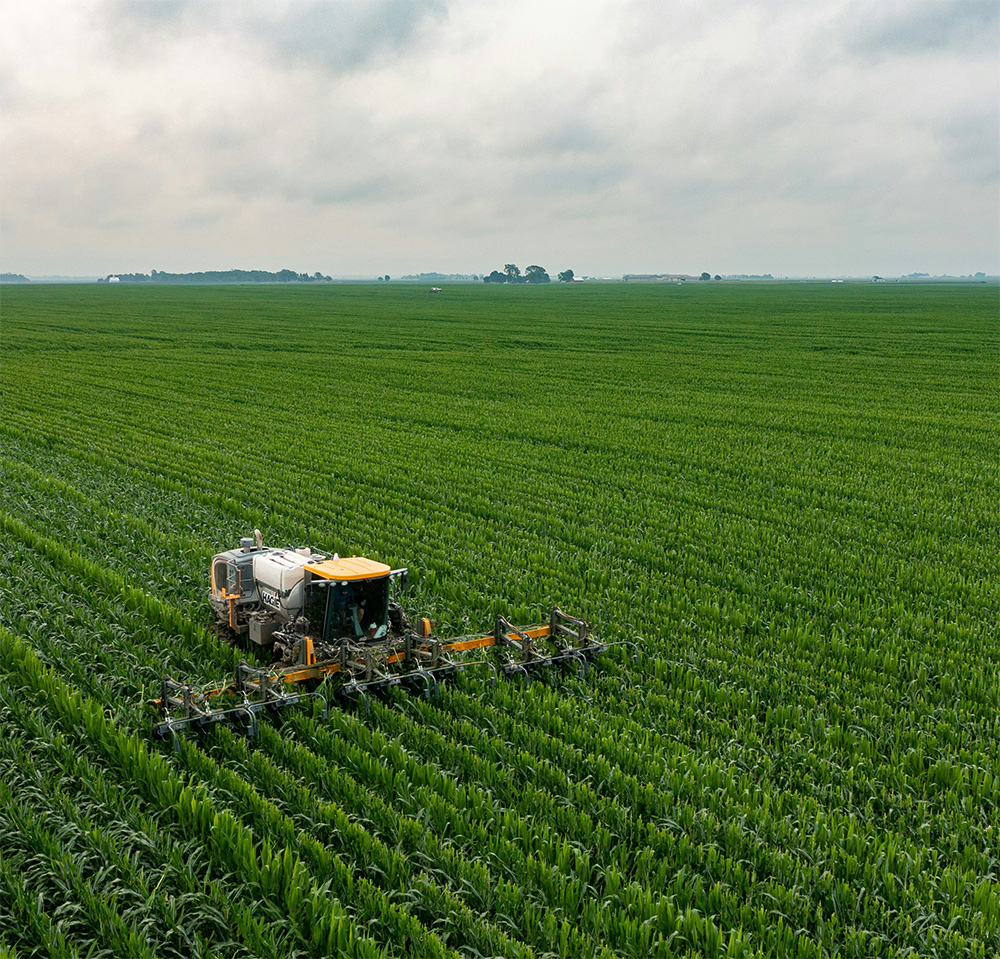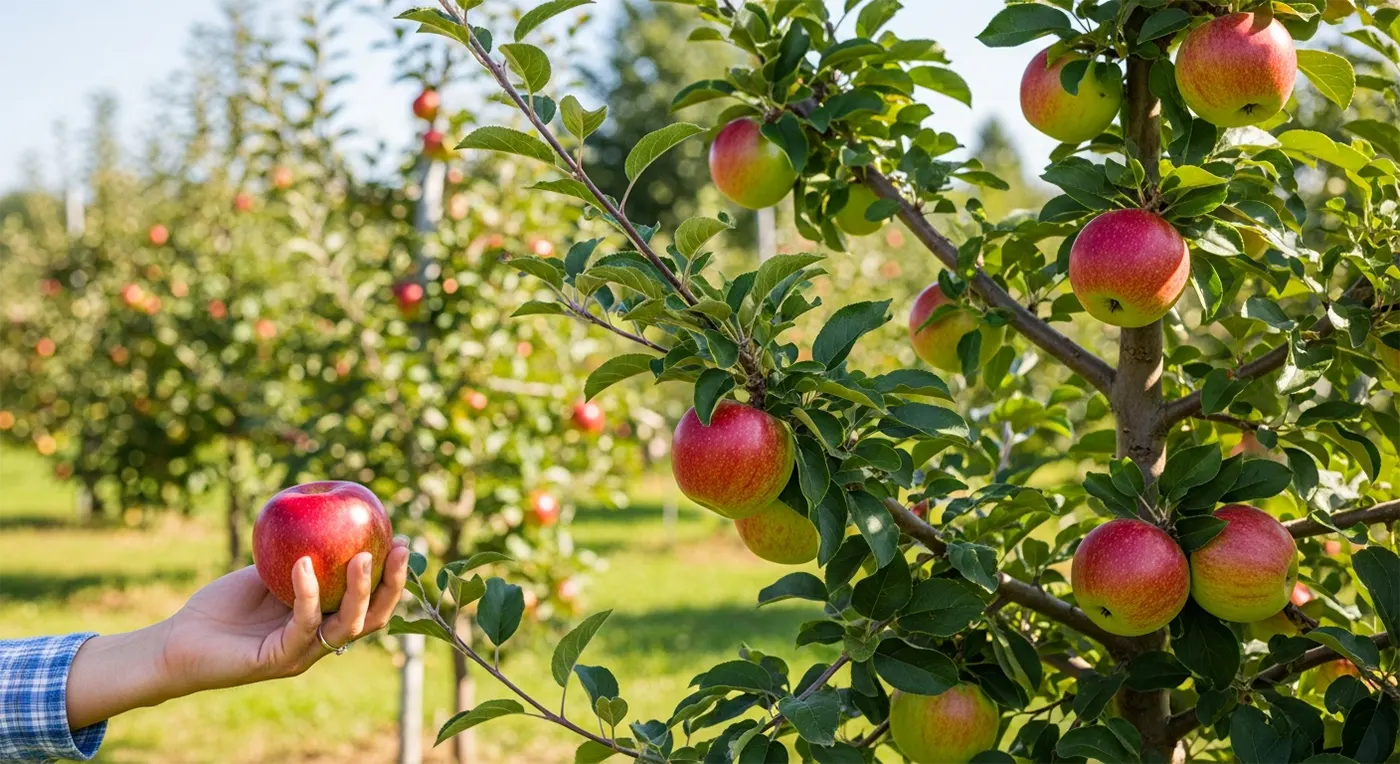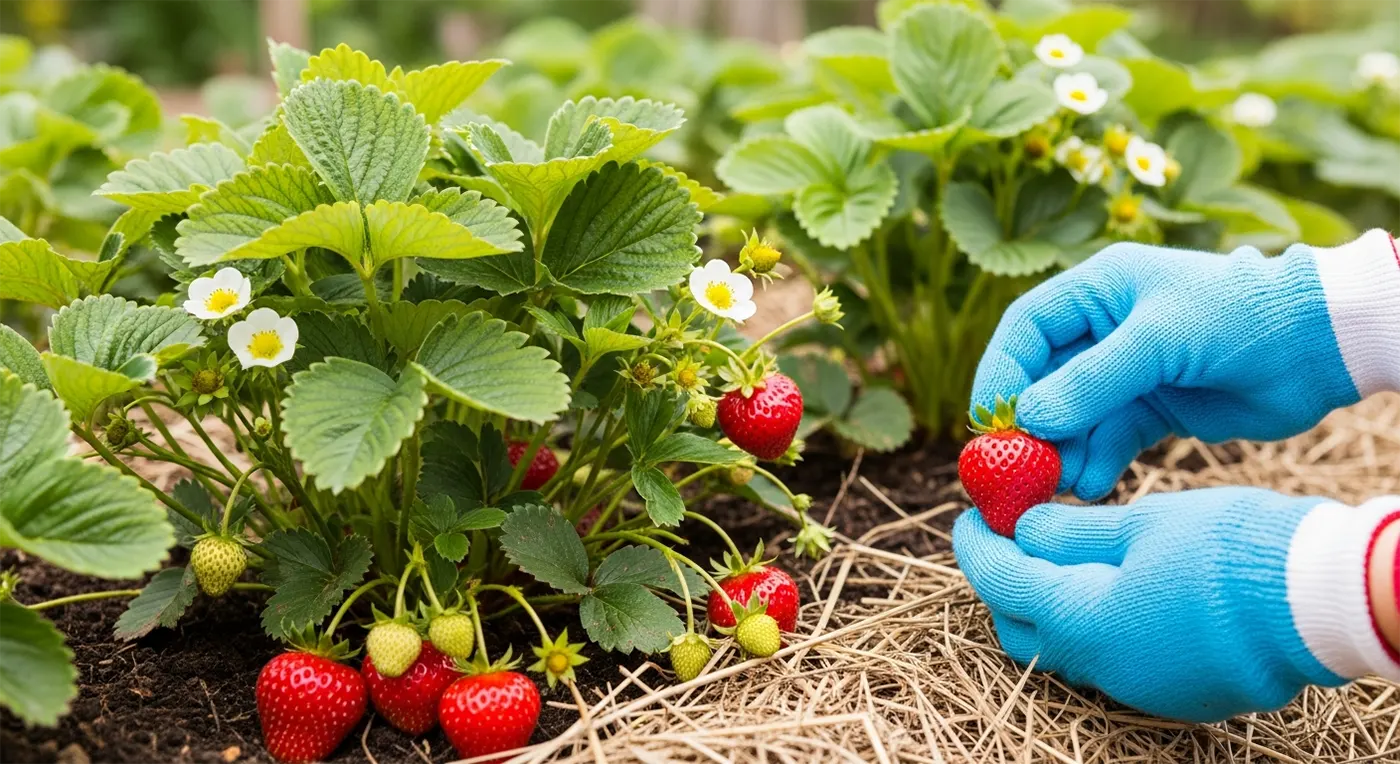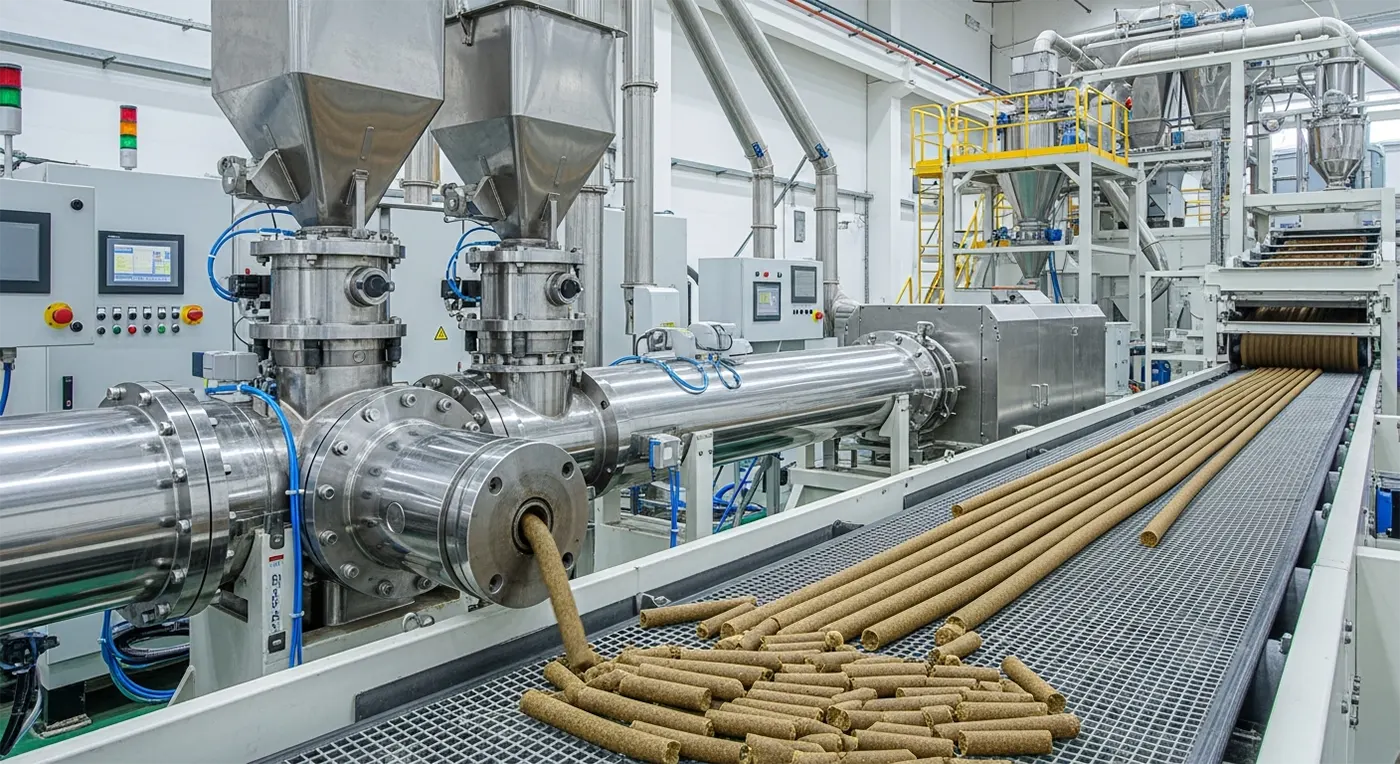이름에서 알 수 있듯이 유기농 비료는 자연적 또는 자연 재료로 만들어진 비료의 한 종류입니다. 최근 농업이 발전함에 따라 점점 더 많은 농민과 식품 생산자들이 식물에 유기농 비료를 사용하는 것을 고려하고 있습니다. 이러한 유기농 비료는 토양에 대한 화학적인 손상을 줄이고 인간에게 건강한 식물을 제공할 수 있습니다. 이 기사에서는 유기농 비료의 장단점, 비료의 종류, 장점, 그리고 사용 방법에 대해 소개하겠습니다.
유기비료 정의
공식 정의
미국 농무부(USDA)의 국가 유기농 프로그램(NOP 205.203)에 따르면, 유기농 비료의 원료는 식물, 동물, 또는 광물 자원에서만 유래해야 하며, 화학 성분은 허용되지 않습니다. 비료가 유기농인지 아닌지를 판단하기 위한 엄격한 기준이 마련되어 있습니다. 이는 식물에게 집에서 직접 만든 음식과 패스트푸드의 차이점과 유사합니다.
간단히 말해, 유기비료는 유기퇴비라고도 불릴 수 있습니다. 따라서 동물 배설물과 동물 및 식물 잔여물은 자연적인 영양분이 풍부합니다. 예를 들어 해조류 분뇨, 뼈 가루, 인산암석 등이 있습니다.
핵심 구성 요소
유기 비료는 세 가지 주요 영양소—질소(N), 인(P), 칼륨(K)—를 함유하지만, 화학 비료보다 더 균형 잡힌 비율로 포함되어 있습니다. FAO의 2022년 보고서에 따르면 일반적인 NPK 비율은 다음과 같습니다:
| 비료 유형 | 평균 질소 | 평균 인 | 평균 칼륨 |
|---|---|---|---|
| 닭 분뇨 | 1.1% | 0.8% | 0.5% |
| 화학 10-10-10 | 10% | 10% | 10% |
*출처: 식량농업기구(FAO)
유기 비료가 합성 비료와 다른 점은 무엇인가요?
유기농 비료 vs 합성 비료
합성 비료는 사람들이 제조한 화학물질로 만들어지며, 식물에 영양분을 빠르게 공급하기 위해 사용됩니다. 반면 유기 비료는 더 천천히 그리고 꾸준히 작용합니다. 이들은 시간이 지나면서 토양에 영양분을 공급하며, 토양의 전체 구조와 미생물 생태계를 개선합니다.
빠른 비교를 위한 표
| 특징 | 유기농 비료 | 합성 비료 |
|---|---|---|
| 원천 | 자연적 (식물, 동물, 광물) | 인공 화학 물질 |
| 출력 속도 | 천천히 그러나 꾸준히 | 빠르게 작용하는 |
| 토양 건강 | 시간이 지남에 따라 임포트 | 토양 구조를 손상시킬 수 있습니다. |
| 환경 영향 | 낮은 | 높을 수 있습니다 |
| 과도한 급여 위험 | 낮은 | 높음 (식물을 태울 수 있음) |
종류와 출처
유기농 유기농 비료의 주요 원료는 광물, 동물 분뇨, 농업에서 사용되는 식물 등에서 유래합니다.
집에서 유기농 비료를 만드는 방법
최고의 유기농 비료는 비싸지 않습니다. 집에서 직접 만들 수도 있는데, 이는 가장 저렴하며 포장도 필요 없고 환경에도 더 좋습니다.
가장 흔한 유기농 비료 중 일부는 다음과 같습니다:
퇴비는 음식물 쓰레기, 종이, 농장에서 나온 식물 폐기물 등으로 구성된 혼합물입니다. 유기물을 분해하여 비료로 변환시키는 박테리아가 활동할 수 있도록 특수한 용기가 필요합니다.
소, 닭, 또는 토끼의 분뇨. 동물 분뇨를 보관하고 처리할 특별한 장소가 필요하며, 이를 땅에 뿌리기 전에 완전히 분해될 수 있도록 충분한 시간을 두어야 합니다.
화덕이 있다면 나무 재가 좋습니다. 나무 재에는 칼륨, 마그네슘, 칼슘, 인과 같은 많은 미네랄과 원소가 함유되어 있습니다. 이는 정원에서 달팽이와 벌레를 제거하는 데 도움이 되는 좋은 비료가 될 수 있습니다. 또한 이를 사용하여 퇴비를 만들 수도 있습니다.
야채를 요리하는 물. 네, 야채, 계란, 심지어 스파게티를 요리하는 데 사용하는 물은 식물에 영양분을 공급하고 토양을 촉촉하게 유지합니다. 하지만 사용하기 전에 물이 실온으로 식을 때까지 기다리세요.
계란 껍질. 모든 계란 껍질을 모아 말린 후 갈아서 정원에 칼슘이 풍부한 비료를 만들어 주세요.

퇴비화
집에서 퇴비를 만드는 방법
유기비료의 장점
사람들은 유기농 비료가 화학 비료보다 영양분이 적기 때문에 덜 좋다고 생각하지만, 환경에는 더 좋습니다. 작물, 과일, 채소가 더 균형 잡히고 건강하게 자라길 원한다면 항상 나쁜 것은 아닙니다.
그들은 다양한 방식으로 귀하의 농업 활동을 지원할 뿐만 아니라, 100% 천연 제품이기 때문에 장기적으로 환경에도 이로울 것입니다.
결론
그렇다면 유기농 비료란 정확히 무엇일까요? 이는 자연이 강건하고 건강하며 오래 지속되는 식물 성장을 지원하는 방식입니다. 유기농 비료는 농장을 운영하든, 뒷마당에서 토마토를 키우든, 땅과 조화를 이루며 작동하는 자연 친화적인 해결책을 제공합니다.
화학 물질을 포기하고 더 환경 친화적인 생활을 할 준비가 되셨나요?





